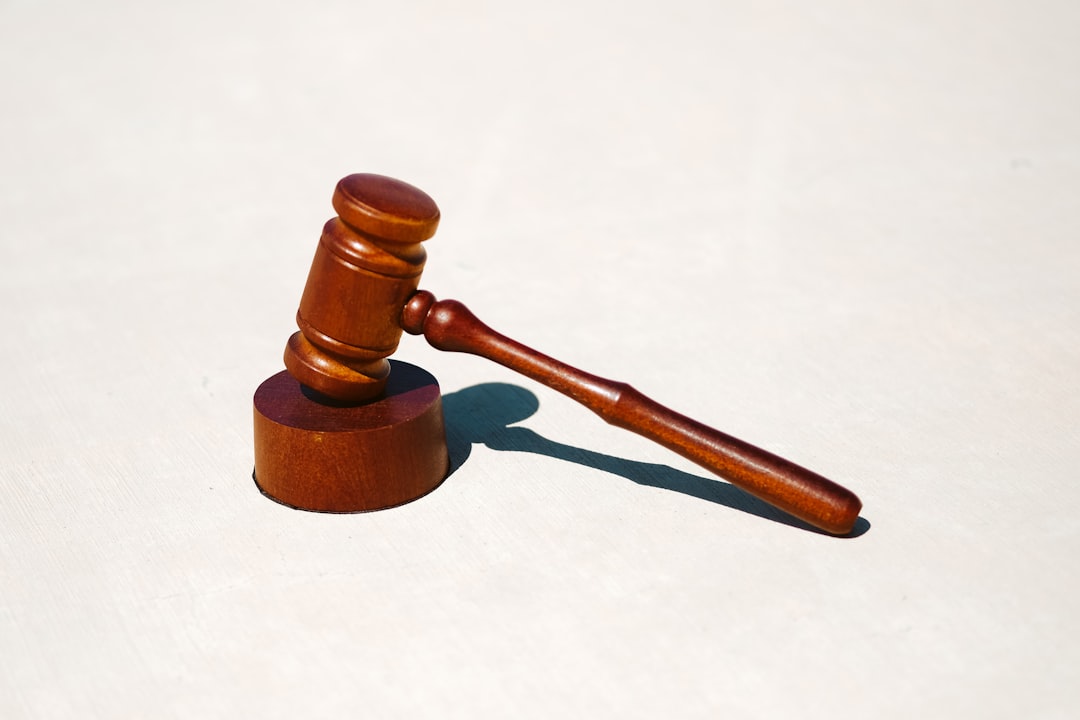Child abuse is a pressing issue in Philadelphia, with severe impacts on victims and foster families. Foster parents need legal support from child abuse attorneys to protect their rights and ensure proper placement procedures. Legal protections enable them to focus on providing safe, nurturing environments for abused children, fostering resilience through access to mental health services, financial aid, and trauma-informed care workshops.
In Philadelphia, PA, addressing child abuse is paramount. This article guides you through supporting foster families navigating the aftermath of child abuse. We explore the profound impact of this crisis in Philadelphia’s community and highlight legal rights and support systems available for foster caregivers. Additionally, we provide insights into building resilience with valuable resources and training designed to empower these unsung heroes. For those seeking assistance or desiring to make a difference, this guide offers a starting point, emphasizing the crucial role of fostering stability and healing in the lives of affected children through legal advocacy and compassionate care, leveraging the expertise of a child abuse attorney in Philadelphia PA when needed.
Understanding the Impact of Child Abuse in Philadelphia

Child abuse is a pervasive issue that deeply affects the lives of children and families in Philadelphia, PA. According to recent statistics, the city has one of the highest rates of reported child abuse cases in the state, highlighting the urgent need for support and intervention. When a family becomes embroiled in situations of child abuse, it can have long-lasting consequences on the well-being and development of the children involved. These impacts may include emotional trauma, behavioral issues, academic challenges, and even physical health problems.
The effects of child abuse extend far beyond the immediate victim, impacting foster families who take in abused children as well. Foster parents often find themselves navigating complex legal systems, dealing with the aftermath of traumatic experiences, and providing a safe haven for children who have endured unimaginable circumstances. In Philadelphia, where the legal landscape is further complicated by state and federal regulations, having access to resources and support from child abuse attorneys can make all the difference in ensuring justice for abused children and the foster families who care for them.
Legal Rights and Support for Foster Families

In Philadelphia, PA, foster families play a vital role in supporting children affected by child abuse. However, they also face unique challenges and need legal rights and support to ensure their well-being. It’s crucial for foster parents to be aware of their entitlements, which include fair compensation, access to medical care, and legal representation. A child abuse attorney in Philadelphia PA can provide much-needed guidance and advocate for the family’s interests.
They can help navigate complex legal systems, ensure proper placement procedures, and protect foster families from potential exploitation or unfair treatment. With legal support, these families can focus on providing a safe and nurturing environment for the children in their care, fostering healthy development and recovery.
Building Resilience: Resources and Training for Foster Caregivers

Building resilience is a key aspect of supporting foster families affected by child abuse. In Philadelphia, PA, numerous resources and training programs are available to help caregivers strengthen their ability to cope with the challenges they face. These initiatives often include access to mental health services, financial assistance, and educational workshops focused on trauma-informed care. By equipping foster parents with the necessary tools, communities can enhance the overall well-being of both the caregivers and the children in their care.
A child abuse attorney in Philadelphia PA plays a crucial role in this process by advocating for legal protections and resources for affected families. They can guide foster caregivers through complex legal systems, ensuring they receive the support they need to build resilient homes. This multifaceted approach—combining practical aid, emotional support, and legal advocacy—is essential in fostering a nurturing environment that promotes healing and growth for all involved.






